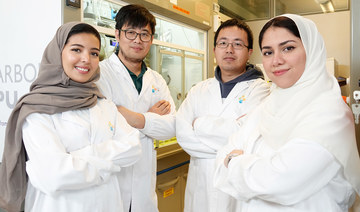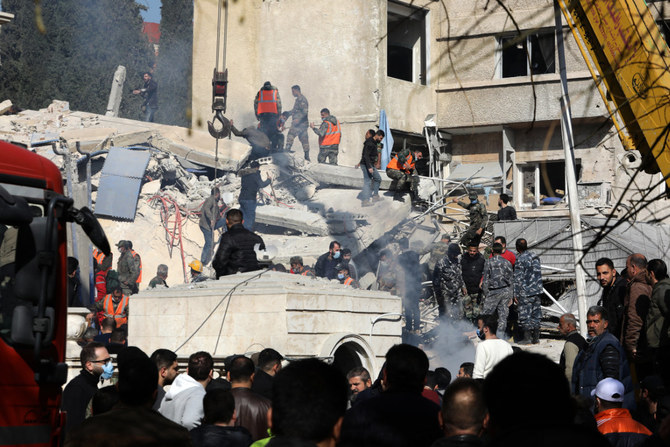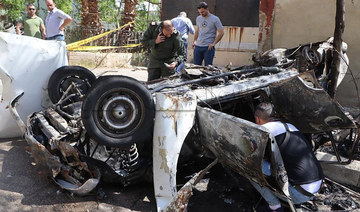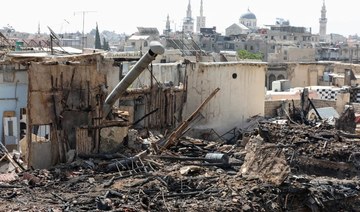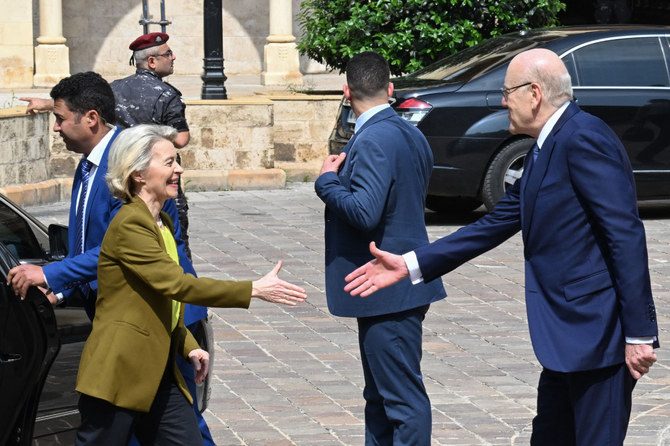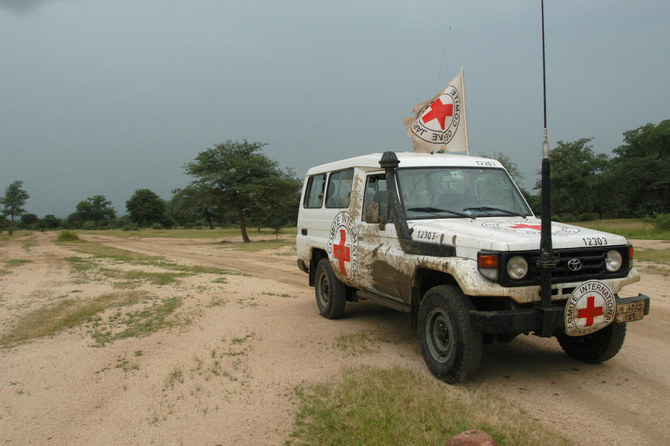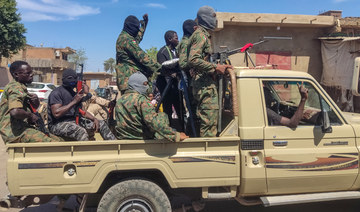KUWAIT: Even to the most undiscerning of minds, Kuwait’s culture of hyper-consumption and food waste is obvious — almost the norm in fact. Restaurant tables with food left barely touched and garbage bins piled high with unopened packaging are seen all too often.
While the problem of waste disposal has long been an issue in Kuwait, the fact that almost 50 percent of this waste is solid food is especially harmful for the environment.
In 2014, when Maryam Aleisa returned from completing her studies in Barcelona, raring to start a social venture on her own, Kuwait’s food-waste problem grabbed her attention.
“We do not have a practice of segregating or composting food waste — it is simply dumped into massive landfills, releasing methane gases into the environment, which is significantly more dangerous than carbon dioxide emissions for climate change,” she said.

Maryam Aleisa returned from completing her studies in Barcelona in 2014 and decided to tackle Kuwait’s problem of food-waste. (Supplied)
“The leachate, liquid caused by food waste and other factors in landfills, is equally dangerous as it seeps into the groundwater and causes contamination and pollution. I realized that the whole food-wastage problem was so unbelievable and unnecessary.”
Meanwhile, underprivileged families struggle to afford basic necessities.
Having been raised in a home environment where her mother would often donate food to the needy, Aleisa decided to put her experience to good use. And so, Refood was born.
REFOODINNUMBERS
* 2014 Launch year of Kuwaiti social enterprise.
* $4.2 million Value of food saved from being thrown away.
Launched in 2014, the non-profit aims to eliminate food waste through a process of re-channelling to help achieve a sustainable ecosystem. This means obtaining food products nearing their expiration date from suppliers and distributing it to those in need.
“To begin with, I looked at different food bank models to understand how they worked. We looked at the North African models, the ones operating in South Korea and we actually visited the Saudi Food Bank where we saw how cooked food waste was salvaged,” Aleisa said.
Although massive amounts of food waste is generated by hotels, limited resources and logistical issues meant Aleisa instead turned to the fast-moving consumer goods (FMCG) industry, which supplies food to retail outlets.
“I started speaking to these companies and realized that food products which were taken off the shelves before their expiration dates were simply thrown away,” she said. The companies, in turn, were eager to support the concept of re-channelling the food instead of throwing it away and began supplying a small number of dry food products.
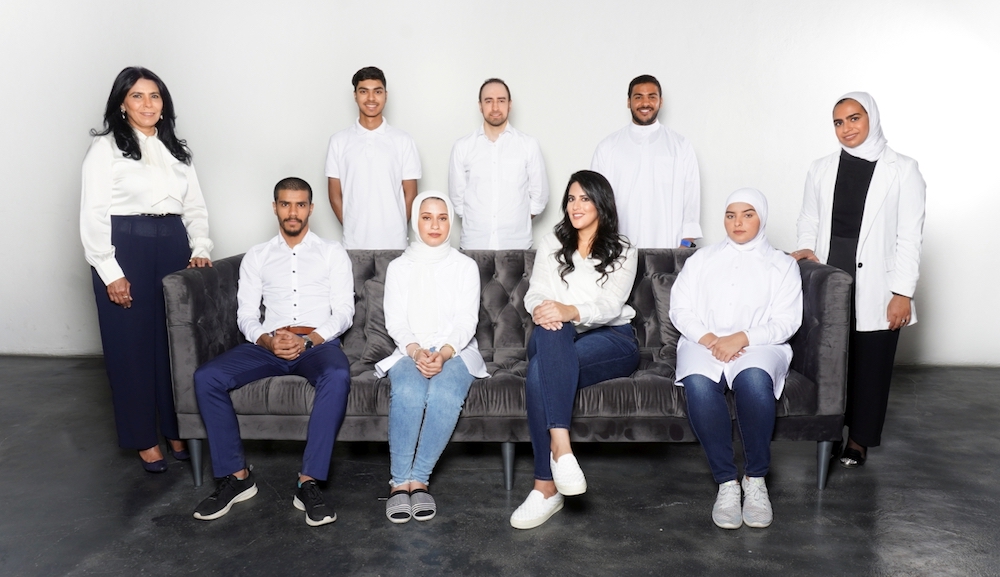
Launched in 2014, the non-profit aims to eliminate food waste through a process of re-channelling to help achieve a sustainable ecosystem. (Supplied)
As the scheme grew, they soon offered their full range. “Once we gained the trust of some of the larger food companies, the others joined in and we signed contracts with them to salvage the food before it gets categorized as waste and supply it to Refood instead,” Aleisa said.
Another key challenge was finding a location for storage and distribution — a problem solved when friends pitched in and permission was obtained to work from the warehouse of a government supermarket.
Initially, Aleisa, her mother and a few friends personally delivered the food donations to families in need. But thanks to their website and social media accounts, volunteers have poured in and the team has set up a registration system for helpers and beneficiaries.
In 2019, some 2,080 families were registered with Refood, more than 498 tons of food redistributed and 1,000 packages distributed every month. This meant that more than 1,292,640 KWD ($4.2 million) worth of food was saved from being dumped into landfills.
COVID-19 has forced Refood to change its program, owing to a shortage of sponsors and many of its beneficiaries leaving the country. But Aleisa is confident the team will continue, as food waste remains a huge problem in Kuwait. And what is her ideal scenario? “To live in a world where Refood wouldn’t need to exist,” she said.
----------------------
This report is being published by Arab News as a partner of the Middle East Exchange, which was launched by the Mohammed bin Rashid Al Maktoum Global Initiatives to reflect the vision of the UAE prime minister and ruler of Dubai to explore the possibility of changing the status of the Arab region.





